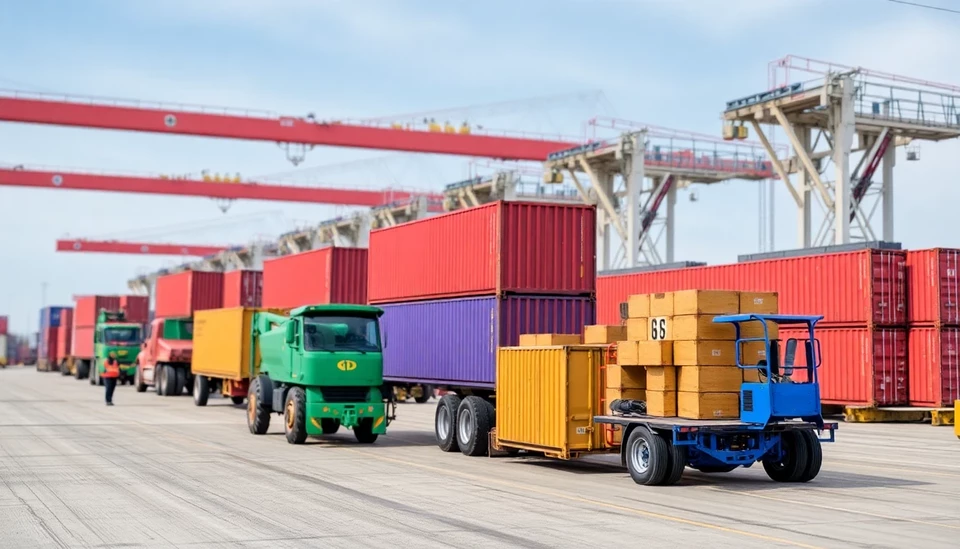
The looming threat of new tariffs imposed by the United States is set to have a profound impact on the economies of Quebec and Ontario, according to a recent analysis by Desjardins Group. As the U.S. continues to escalate its trade confrontations, these two Canadian provinces are bracing for the most significant repercussions, with potential job losses and economic contraction on the horizon.
Desjardins’ report highlights that the reintroduction of tariffs—especially on aluminum and steel—could lead to dire consequences for the manufacturing sector, which is a major economic driver in both provinces. This scenario is compounded by the precarious state of trade relationships following the Biden administration's attempts to enforce stringent trade policies, aiming to safeguard American interests amidst rising global competition.
According to the analysis, Ontario, with its robust manufacturing bases, particularly in the automotive sector, stands to lose substantially from these tariffs. The province's economy is heavily intertwined with exports to the U.S., making it particularly vulnerable. Quebec, meanwhile, is also at risk, especially in its aluminum industry, which faces a direct threat from competing U.S. steel products that might become more appealing due to protected pricing.
The report outlines that such tariffs could lead to a decrease in gross domestic product (GDP) in both provinces, with projections anticipating a loss of billions in overall economic output. The job market could be significantly affected, with estimates suggesting that thousands of positions could be at risk if these tariffs are implemented. This reality raises concerns about local industries' ability to compete when facing both heightened international costs and fluctuating market demands.
Moreover, the potential for retaliatory measures from Canada only adds another layer of complexity to the situation. As history has shown, trade disputes often escalate, leading to a cycle of tariffs that can spiral out of control. The Canadian government could find itself in a difficult position as it weighs the necessity of protecting its own industries against the potential economic fallout from an all-out trade war.
The ultimate implications of these tariffs could stretch beyond just economic figures; social repercussions, too, are at stake. With families potentially facing uncertainty regarding job security and income, there are rising concerns about public sentiment and political ramifications as the trade debates heat up. Leaders from both provinces are urged to engage in proactive dialogue with federal authorities to address these looming issues before they materialize into a full-blown economic crisis.
As the United States continues to redefine its trade policies and focus on domestic growth, the provinces of Quebec and Ontario must navigate these turbulent waters carefully, aiming to safeguard their economies against external pressures. The coming weeks will be critical for provincial leaders and policymakers as they formulate strategies to mitigate potential damages from the imminent tariffs.
With tensions escalating and economic forecasts tightening, the landscape of trade and industry within Quebec and Ontario appears increasingly uncertain. Stakeholders are left anxiously watching for developments, knowing that the decisions made in the near future will have lasting effects on their industries and communities.
In conclusion, the analysis from Desjardins signals a cautionary tale for Quebec and Ontario, highlighting the need for resilience and adaptability in the face of volatile international trade dynamics. Navigating the complexities of U.S. tariffs will require a coordinated effort and strategic foresight to protect the economic well-being of these provinces.
#Tariffs #Ontario #Quebec #TradeWar #Desjardins #Economy #Manufacturing #JobLosses #USCanadaTrade
Author: Daniel Foster




